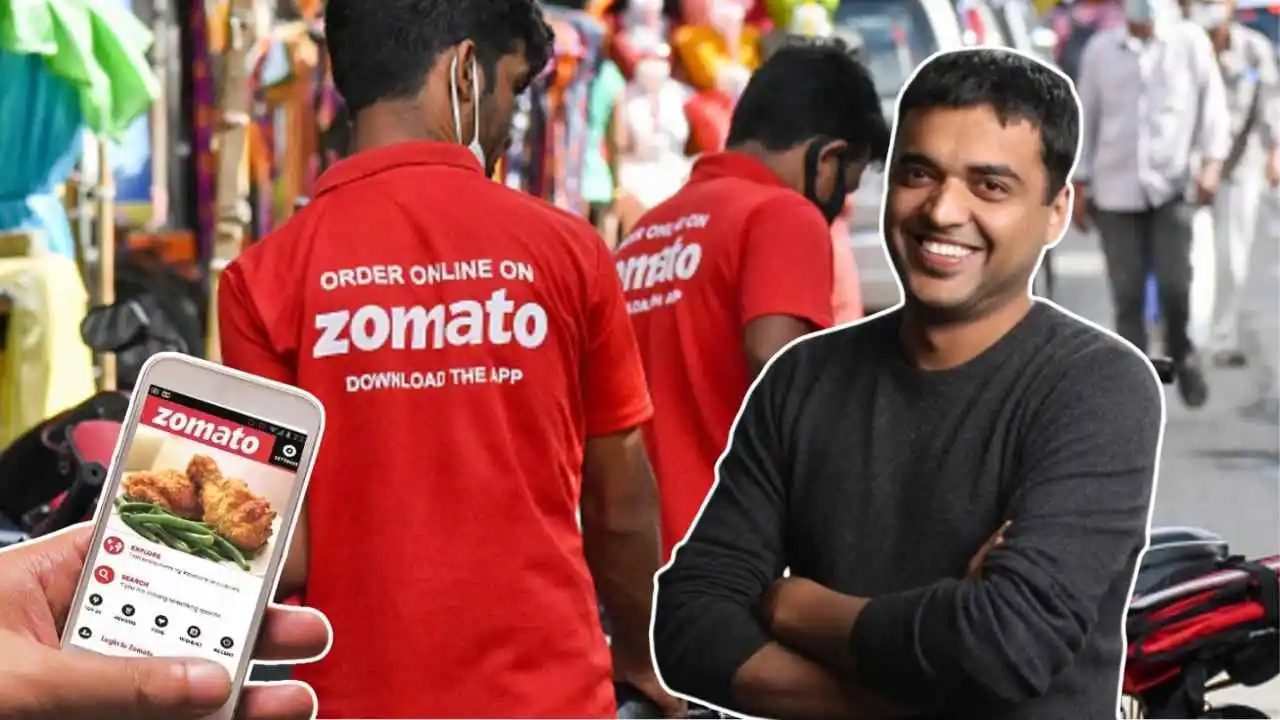Zomato, now operating under the parent name Eternal, has made a bold move in Q4 FY25 by delisting nearly 19,000 restaurants from its platform. This decision comes as the company sharpens its focus on customer trust, hygiene, and overall food delivery experience.
Why Did Zomato Delist So Many Restaurants?
The company cited three main reasons for this large-scale delisting:
- Hygiene Issues: Many restaurants failed to meet Zomato’s hygiene standards, with several severe customer complaints highlighting the problem.
- Brand Mimicry: Some outlets were caught mimicking established brands, misleading customers, and eroding trust in the platform.
- Duplicate Listings: Multiple identical menu listings were being used by some operators to unfairly increase their visibility and impressions.
Deepinder Goyal, CEO of Eternal, stated, “We think it is critical to weed out bad actors that erode trust in the category. While this did impact order volumes, this was the right thing to do for the long term”.
Impact on Zomato’s Business
- Order Volumes: The delisting led to a 2% drop in net order value for the quarter.
- Financials: Adjusted revenue for the food delivery business stood at ₹2,409 crore, a 17.5% year-on-year increase, but slightly down from the previous quarter.
- User Base: Average monthly transacting users rose to 20.9 million, up from 20.5 million in the previous quarter.
- Profit Dip: Eternal’s consolidated net profit fell sharply by 77.8% to ₹39 crore, mainly due to increased investments in its quick commerce venture, Blinkit.
Shutting Down Zomato Quick and every day
Zomato also announced the closure of its instant delivery service ‘Quick’ and the homely meals initiative ‘Zomato Everyday’. The company cited lack of profitability and inconsistent customer experience as the main reasons for this decision.
Challenges and Future Outlook
Deepinder Goyal highlighted several challenges:
- Sluggish Demand: Especially in discretionary spending.
- Delivery Partner Shortage: Due to high demand from the rapidly expanding quick commerce sector.
- Increased Competition: From quick delivery of packaged food, impacting restaurant orders.
Despite these hurdles, Goyal remains optimistic about the long-term prospects of food delivery in India, citing low restaurant food penetration and rising urbanisation as strong growth drivers.
Leadership Update
Deepinder Goyal has taken direct charge of the food delivery business after the previous CEO, Rakesh Ranjan, completed his tenure. Goyal will lead until a new leadership team is appointed.
Zomato’s decisive action to delist non-compliant restaurants and shut down underperforming verticals signals a renewed focus on quality and sustainable growth. The company is betting on customer trust and a cleaner marketplace to drive its next phase of expansion in India’s competitive food delivery sector.
